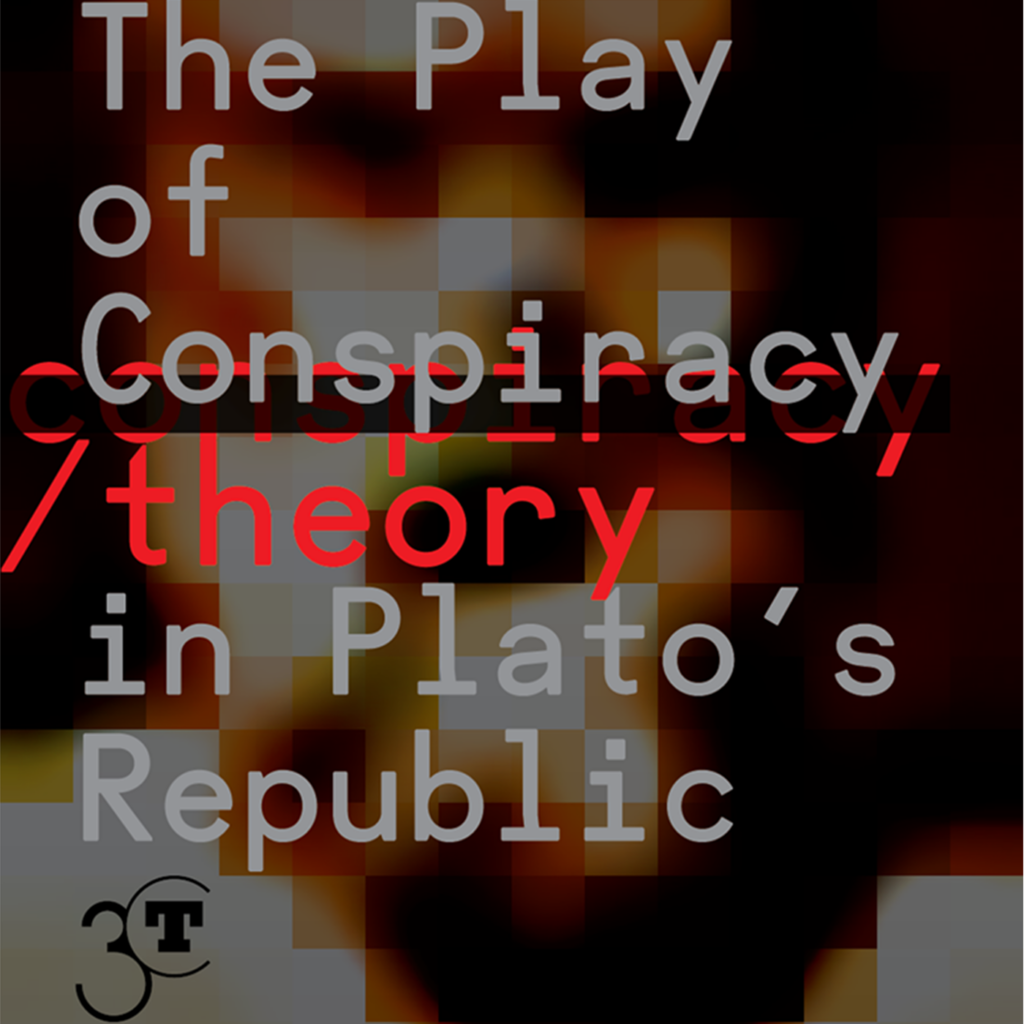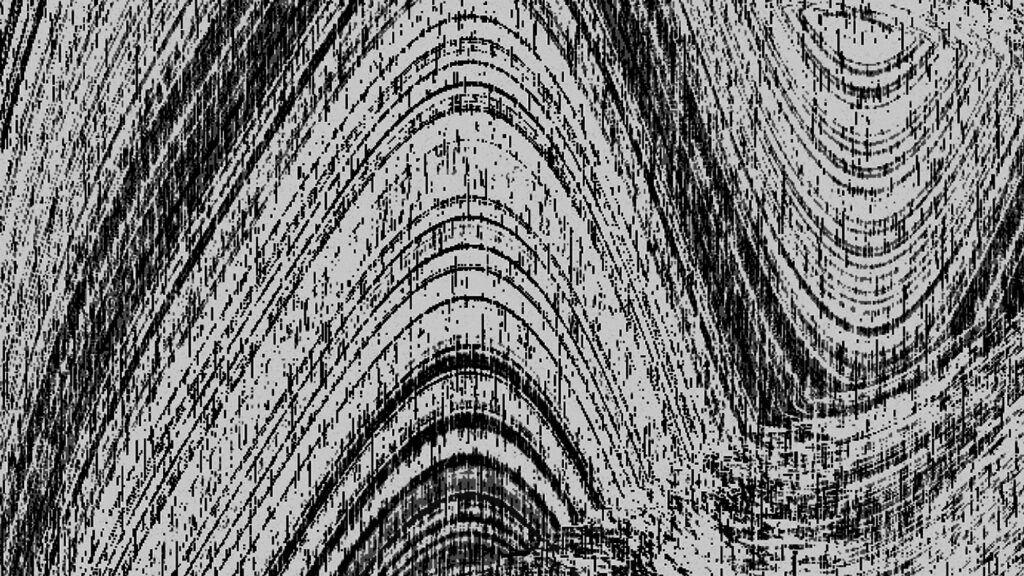Cassandras: Truth-Telling in Times of Crisis

In public life, why and how are some people accepted as truth-tellers while others are not? Is truth simply a problem of and for “correct” reasoning? What assumptions about argumentation and evidence go unexplored in this way of framing the problem? What if truth were a problem of truth-telling instead? When and how do social, racial, and gender hierarchies authorize received understandings of a (credible) truth-teller? What is credible telling usually thought to sound like? What are the conditions for listening and hearing the truth? To think through these questions, we take as a lens the archetype of Cassandra, the babbling prophetess of classical Greek myth and tragedy doomed not to be believed. Cassandra has served as a resource and source of inspiration for a range of critical thinkers, including but not limited to theorists, feminists, poets, and novelists. What is a “Cassandra”? Does her “deranged” way of seeing the world – her prophetic speech – disorient or destabilize? We will consider how, in her different representations, Cassandra places questions of language, patriarchy, and sexual violence at the center of general discussions of credibility and critique. Readings range from ancient Greek thought to 21st century theory.
PLSC 22333 | PLSC 32333 | CCCT 22333 | CCCT 32333



